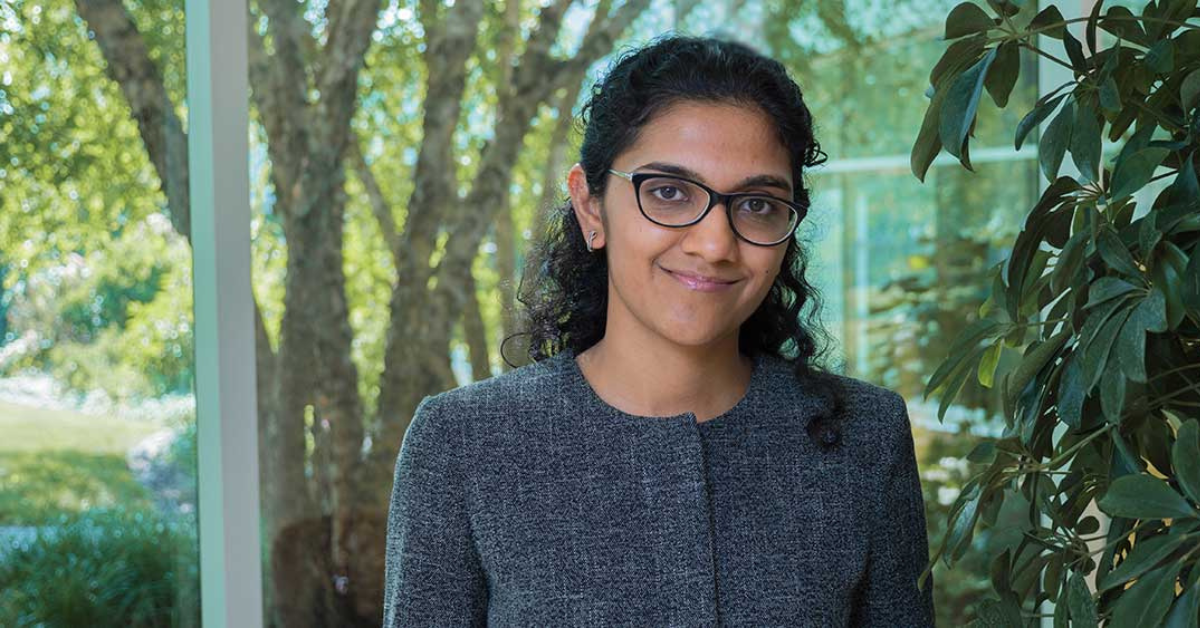
PHILADELPHIA (February 14, 2025) — Interim analysis of a clinical trial led by Fox Chase Cancer Center researchers shows promise for the treatment of patients with muscle-invasive bladder cancer.
Building on the groundwork of the RETAIN BLADDER phase II clinical trial (RETAIN-1), the RETAIN-2 trial suggests that treating patients with neoadjuvant therapy consisting of a combination of four chemotherapy drugs known as ddMVAC and the immunotherapy drug nivolumab may be more effective than chemotherapy alone at eradicating the cancer and helping patients successfully keep their bladders.
“Our goal with RETAIN is to help our patients preserve their bladders, if possible, while effectively treating muscle-invasive bladder cancer. With this second trial, we are finding that adding neoadjuvant immunotherapy may help us better achieve these aims,” said Pooja Ghatalia, MD, an Associate Professor in the Department of Hematology/Oncology at Fox Chase. She presented results of the trial today at the 2025 American Society of Clinical Oncology (ASCO) Genitourinary Cancers Symposium.
Currently, the standard of care for muscle-invasive bladder cancer is chemotherapy followed by the surgical removal of the patient’s bladder, known as a cystectomy. The RETAIN-1 trial, which was recently published in the Journal of Clinical Oncology and led by Daniel M. Geynisman, MD, Associate Professor in the Department of Hematology/Oncology at Fox Chase, looked at whether certain indicators could be used to identify patients who could keep their bladders after undergoing neoadjuvant chemotherapy and remain cancer-free.
Researchers used these markers to separate bladder cancer patients into an active surveillance group, who kept their bladders following neoadjuvant chemotherapy, and a treatment group, who received standard of care, including removal of their bladder. They then compared outcomes for both groups over two years.
RETAIN-2, led by Ghatalia, employed a similar approach but paired neoadjuvant chemotherapy with immunotherapy in the form of nivolumab. Results of the 71-patient study are promising.
“In the active surveillance patient group, who kept their bladder, we’ve seen less disease recurrence compared to the same group in RETAIN-1. However, these results are exploratory as the purpose of RETAIN-2 was not to make a comparison with RETAIN-1,” said Ghatalia. Additionally, in 40% of patients who underwent cystectomy, there was no evidence of cancer. This is a significant improvement over the 15% of cystectomy patients in RETAIN-1 who showed no evidence of cancer.
“This suggests that there is potential value in combining neoadjuvant chemotherapy with ddMVAC and immunotherapy for patients with bladder cancer regardless of whether they undergo active surveillance or cystectomy,” said Ghatalia.
Not all patients have reached the trial’s endpoint, which is metastasis-free survival after two years. However, 85% of the treatment group and 82% of the active surveillance group are metastasis-free thus far, and 60% of the active surveillance group have also retained their bladders over the study period.
The study, “A Phase 2 Trial of Risk Enabled Therapy After Neoadjuvant Chemo-Immunotherapy for Muscle-Invasive Bladder Cancer (RETAIN-2),” was presented at the 2025 ASCO Genitourinary Cancers Symposium, which is being held in San Francisco February 13-15.